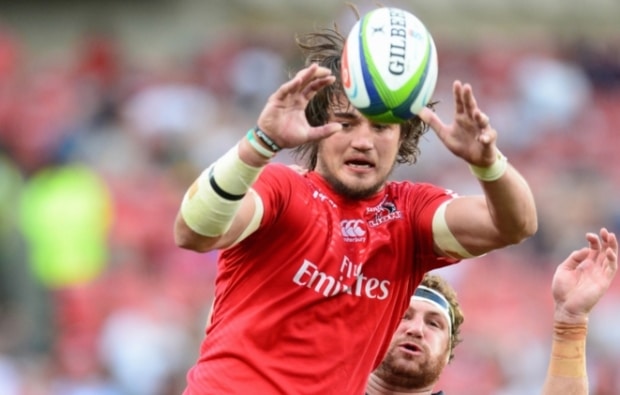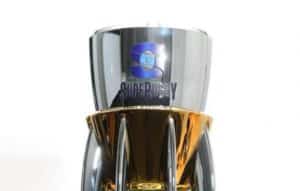The Lions’ exceptional first-phase stats bode well for the coming clash against the Sharks as well as the possible later match-ups against the Hurricanes and Crusaders, writes JON CARDINELLI.
What do the Hurricanes, Lions and Crusaders have in common? A general answer is try-scoring ability. Over the course of the conference stage, the Hurricanes scored 89 tries (rank 1), the Lions 81 (rank 2) and the Crusaders 77 (rank 3). The Lions finished first in the overall standings, the Crusaders second, and the Hurricanes fifth.
It’s a myth that the top teams have embraced an all-out attacking approach in 2017, though. Indeed, it may surprise some to learn that the Hurricanes and Lions have set the standard on defence this season. We’ll get to those impressive defensive stats in a bit.
These teams don’t get enough credit for the work they do at the set pieces and collisions. There’s no denying that the New Zealanders possess superior skills in contact and that the Lions are a cut above their South African counterparts. What the numbers reveal is that the best teams have placed an emphasis on using their scrums and lineouts as try-scoring weapons, not just as a means of restarting the game.
ALSO READ: Stormers’ defence in spotlight
How often have we seen the Hurricanes, Lions or Crusaders pack winning a lineout deep in opposition territory and then mauling over the line for a try? These teams have also managed to use the scrum as an effective launchpad. According to Opta, the Hurricanes have scored 37 tries from first phase (more than any other side), the Lions 34 (second-most) and the Crusaders 27 (fourth-most). The Highlanders are also up there with 30 (third-most).
The Sharks, who will face the Lions at Ellis Park in the quarter-final on Saturday, have scored a disappointing 38 tries overall. They have managed to score 17 from first phase, though, which is a fair percentage of their overall try-scoring number.
What separates the Lions and Sharks, however, is the Lions’ record on defence at a scrum or lineout. The Lions have conceded just seven tries from first phase this season (the fewest in the tournament). The Sharks have been one of the better defensive units, but have still conceded more than twice as many tries from first phase (15).
They have conceded the fewest tries overall (27). Granted, they have not faced a New Zealand side to date, but the aforementioned stats must encourage the players and coaches ahead of likely meetings with the Hurricanes and Crusaders in later playoffs (or even ahead of possible matches against the Chiefs and Highlanders, who are also up there in terms of first-phase strike rate).
The Kiwis will demand more of the Lions at the set pieces and on defence. It’s fair to say that the Lions have done all they can to develop these areas during the conference stage. They weren’t given the opportunity to test themselves against the New Zealand sides due to the Super Rugby conference format.
The Sharks should provide them with a decent set-piece challenge ahead of the more demanding encounters against New Zealand opposition. One can’t see the Sharks troubling the Lions at the set pieces to any telling degree, though, or compromising that tournament-leading Lions defence.
ALSO READ: Sharks to lift intensity
Photo: Lee Warren/Gallo Images





